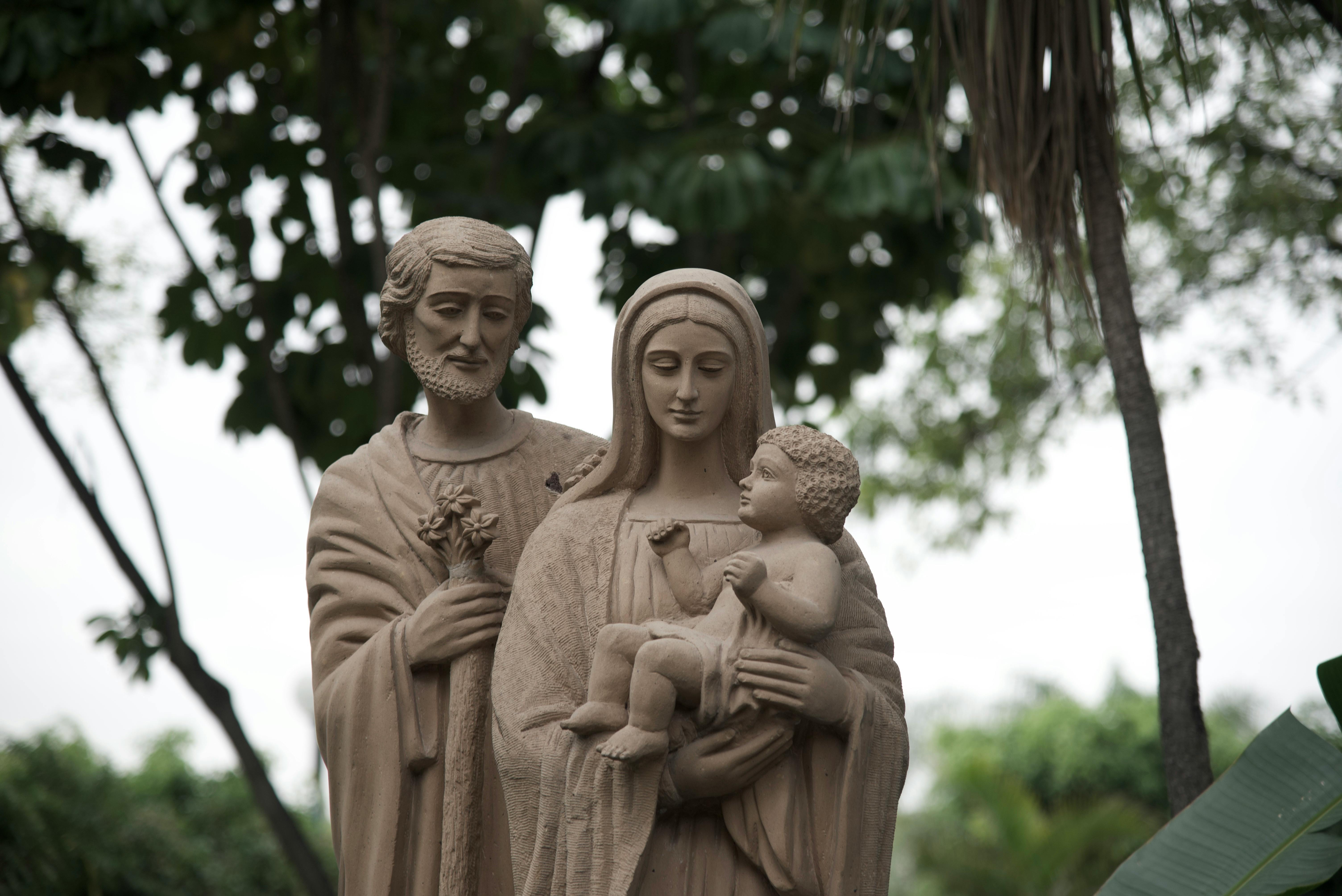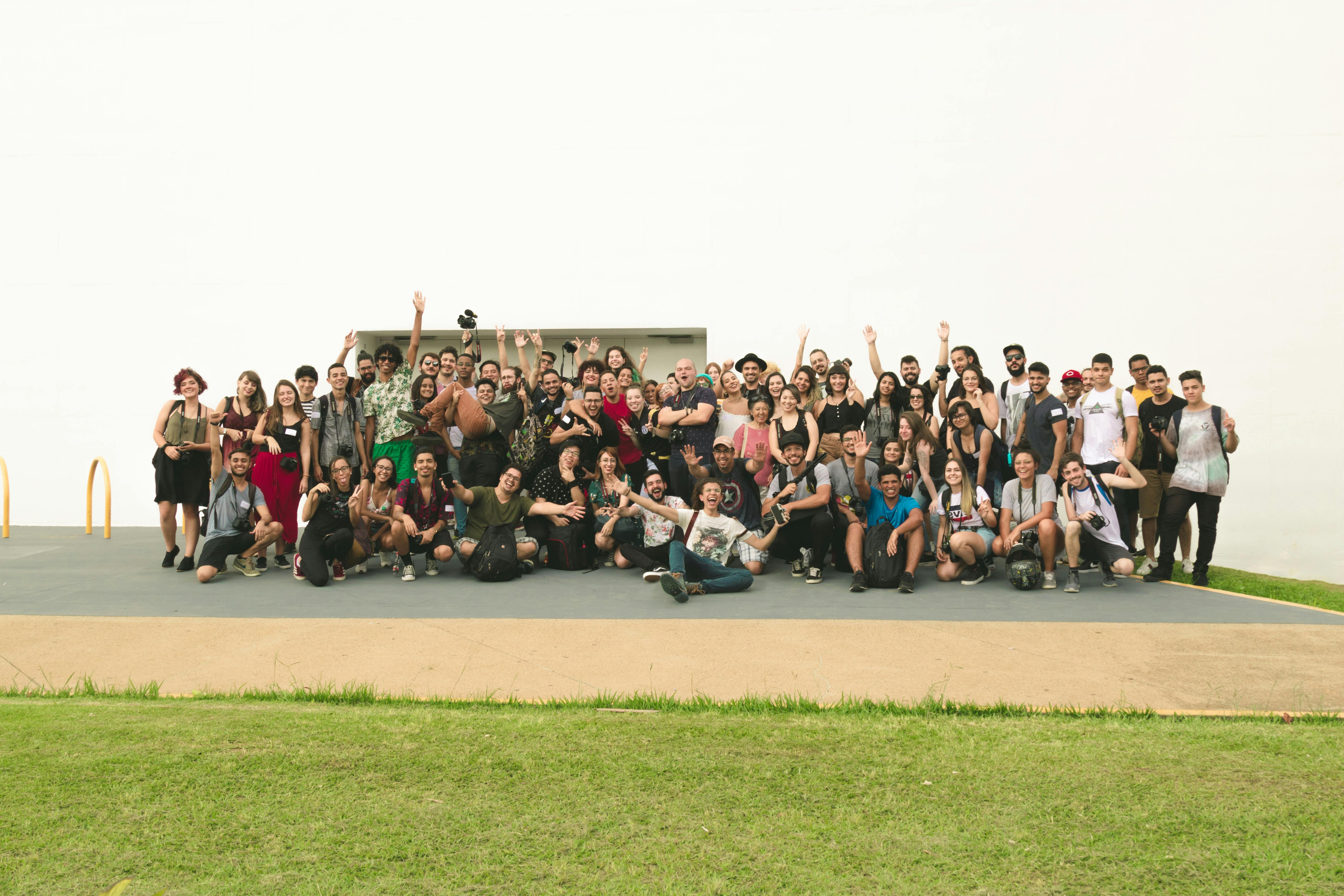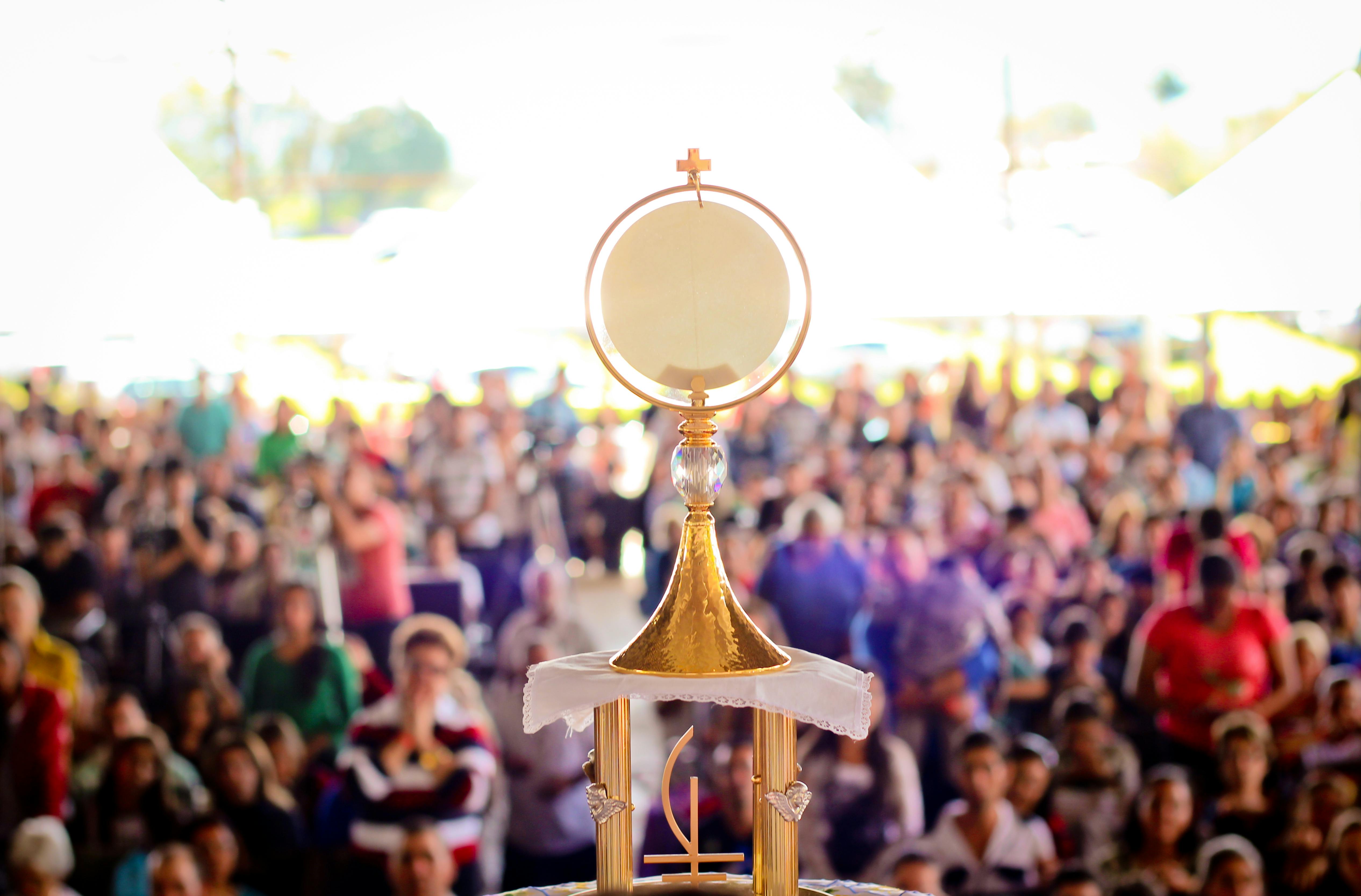Sometimes, the most obvious answer is the one we find least attractive. I may know that the bathroom needs to be cleaned, but I don’t really want to clean the bathroom. So, I find many other things that need doing, pretending that they are more important than cleaning the bathroom. I give myself a false sense of accomplishment while not actually accomplishing the thing that needs doing.
In today’s Gospel, Jesus is telling his disciples some pretty obvious things. Blind people don’t lead blind people, it obviously doesn’t work. You don’t go to a bramble bush expecting to find figs. If you are having problems and making a bunch of mistakes, are you really a good person to be pointing out the flaws in others?
What can we learn from these seemingly obvious realities? I think it shows us that Jesus deeply understands the human condition. He is fully human and he experienced all things except sin. He knows how easy it is to share our opinions and advice about how others should live their lives while taking none of it to heart in our own. He knows how we like to deceive ourselves, pretending everything is fine while we blindly follow someone else in their own blindness rather than fixing our gaze on our heavenly Father.
Jesus is trying to wake us up, to cause us to look around and see how stuck in the muck we are. We can only be saved if we realize that we are in need of saving. When we open our eyes and hearts to the reality of our sin, of our shortcomings, of our areas of blindness, we can turn to Jesus in humility and love. He is the one to lead the blind. He is the one to point out our failings. He is the one who will give us the love, forgiveness, and food we seek.
A veces, la respuesta más obvia es la que nos parece menos atractiva. Puedo saber que hay que limpiar el baño, pero en realidad no quiero limpiarlo. Así que encuentro muchas otras cosas que hacer, fingiendo que son más importantes que limpiar el baño. Me doy una falsa sensación de logro, pero en realidad no hago lo que tengo que hacer.
En el Evangelio de hoy, Jesús les dice a sus discípulos algunas cosas bastante obvias. Los ciegos no guían a otros ciegos, obviamente no funciona. No vas a un zarzal esperando encontrar higos. Si tienes problemas y cometes muchos errores, ¿realmente eres la persona indicada para señalarles sus defectos a los demás?
¿Qué podemos aprender de estas realidades aparentemente obvias? Creo que nos muestran que Jesús entiende profundamente la condición humana. Es completamente humano y experimentó todas las cosas menos el pecado. Sabe lo fácil que es compartir nuestras opiniones y consejos sobre cómo deberían vivir otras personas, sin tomar nada en serio en la nuestra. Sabe que nos gusta engañarnos a nosotros mismos, fingiendo que todo está bien mientras seguimos ciegamente a alguien más en su propia ceguera en lugar de fijar nuestra mirada en nuestro Padre celestial.
Jesús está tratando de despertarnos, de hacer que miremos a nuestro alrededor y veamos cuán estancados estamos en el lodo. Solo podemos ser salvados si nos damos cuenta de que somos necesitados de la salvación. Cuando abrimos los ojos y corazones a la realidad de nuestro pecado, de nuestras deficiencias, de nuestras áreas de ceguera, podemos recurrir a Jesús con humildad y amor. Él es quien guía a los ciegos. Él es quien señala nuestras fallas. Él es quien nos dará el amor, el perdón y el alimento que buscamos.
 Kate Taliaferro is an Air Force wife and mother. She is blessed to be able to homeschool, bake bread and fold endless piles of laundry. When not planning a school day, writing a blog post or cooking pasta, Kate can be found curled up with a book or working with some kind of fiber craft. Kate blogs at DailyGraces.net.
Kate Taliaferro is an Air Force wife and mother. She is blessed to be able to homeschool, bake bread and fold endless piles of laundry. When not planning a school day, writing a blog post or cooking pasta, Kate can be found curled up with a book or working with some kind of fiber craft. Kate blogs at DailyGraces.net.
Feature Image Credit: Google DeepMind, pexels.com/photo/an-artist-s-illustration-of-artificial-intelligence-ai-this-image-depicts-ai-safety-research-to-prevent-its-misuse-and-encourage-beneficial-uses-it-was-created-by-khyati-trehan-as-part-17485633/
The views and opinions expressed in the Inspiration Daily blog are solely those of the original authors and contributors. These views and opinions do not necessarily represent those of Diocesan, the Diocesan staff, or other contributors to this blog.












